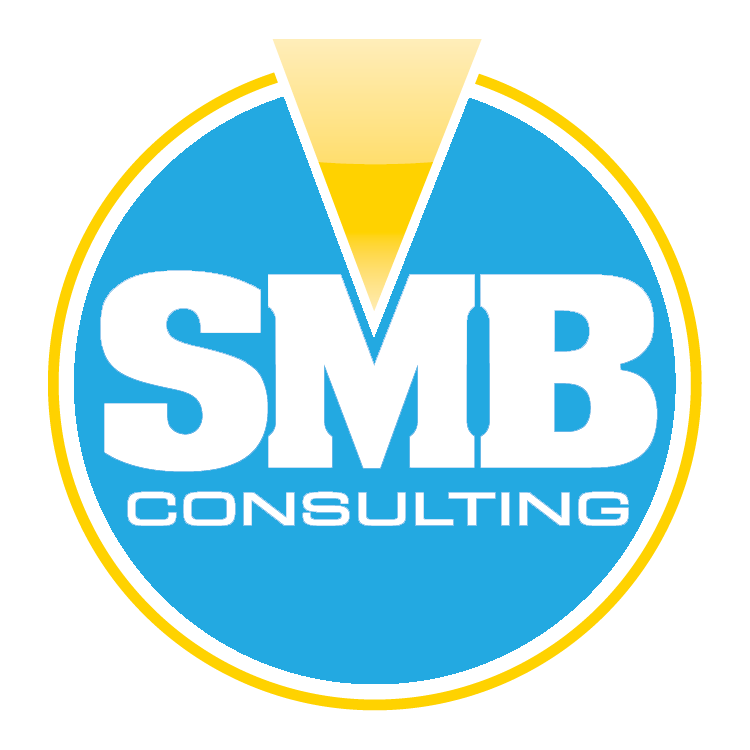This is the feature article in this week’s RealtyBiz Agent Success Newsletter.
Have you ever wondered why only a handful of real estate sites generate tons of leads while the vast majority of sites hardly ever do? The secret to their success isn’t rocket science – it’s what they focus on.
Most agents decide they need a website because their competitors have one. So what’s the first thing they focus on? What the site should look like.
Not surprisingly, agents want their sites to look attractive and professional, with lots of bells and whistles, animations, and graphics. Next, they realize they need some content for the site, so they add information about their credentials, services, listing information, and processes.
Three Elements of Successful Websites
The problem with this approach is that it neglects the elements of what makes a real estate website successful. Specifically, successful websites:
- Attract qualified prospects
- Build a targeted list of prospects to follow up with
- Convert prospects to paying clients
The site I described initially that focuses on the agent’s credentials and preferences, is, frankly, boring to prospects and does little other than stroking the agent’s ego (for instance, they can now proudly tell their friends and family that they have a website). It’s not the type of site designed to attract qualified prospects. It won’t motivate prospects to give you their contact information, and it does little to convince prospects that they should hire you.
Focus on Content – What Does Your Prospect Want to Know Most?
So what does capture prospects’ attention and get them to take notice? Content that focuses on their problems and concerns. Your prospects want tips and strategies they can use now to get that mortgage, find the right home, sell their home for top dollar, and send their kids to the best schools in the area.
They want to know if, as a single mom, they’ll be able to afford that home, or whether, as a first-time home buying couple, what type of help is available.
They want to know how to ensure their new home doesn’t have water damage or mold or termites or some other unknown that will cost them a fortune down the line.
They want tips on how to negotiate the best price – and any changes or repairs that need to be made.
Focus on Conversion – What Should Your Prospect Do Next?
Good content makes up about 50 percent of a great site. The other 50 percent lies in organizing that content so your prospects can easily find that information.
When someone comes to your website, you have about three seconds to capture their attention. Web studies show that prospects don’t read pages. They skim. So when they are looking for information, they quickly scan the page looking for something of interest. If they don’t find anything, they leave your site and continue their search.
One big mistake agents make with their websites is they assume prospects will know what to do next. They assume prospects will take the time to learn their site’s navigation and browse through all their great content.
The truth is, your prospects won’t, so you must make it easy for them. It’s up to you to guide them from one page to another, asking them if they want to learn more about Subject X, then telling them they should click this link. If they want to join your newsletter, they should click this link. If they want to contact you for a free consultation, they should fill out this form. Etc.
In other words, you must lead them through the content on your site by anticipating what their next question might be, then linking to where the answer is.
Your goal is conversion – getting them to take some action in exchange for their contact information and permission to follow up with them – whether that is joining your mailing list, downloading a free guide, or contacting you for more information.
Test and Measure Results!
Finally, if you’re not getting the results you want, you must try something different. Benjamin Franklin is attributed with saying, “The definition of insanity is doing the same thing over and over and expecting different results.” Your site won’t suddenly become successful if you just attract more visitors to it. You must work to engage your visitors who are already finding your site and work on converting them to prospects and clients.
How do you do this? You test! Install Google Analytics on your site (it’s free!) and monitor who is coming to your site. Where are they coming from? How are they getting there? Which keywords are they typing into search engines? What pages do they view? How many pages do they view? And so on.
You can tell a lot by analyzing statistics and making decisions on the data you collect. Don’t simply rely on your gut instinct or what a friend suggests. If you aren’t sure which text on a page will convince prospects to fill out your form, create two pages. Send half your traffic to one page and half your traffic to the other. Whichever gets more people to fill out the form wins – there’s no subjectivity there. By testing you can see exactly what works and how well it works compared to other samples.
Is Your Website Working?
If your website isn’t pulling in a steady stream of prospects, it’s time to take a look at your site’s content and conversion strategy. With a little effort, you can put together an informative website that educates your prospects and motivates them to take action.
